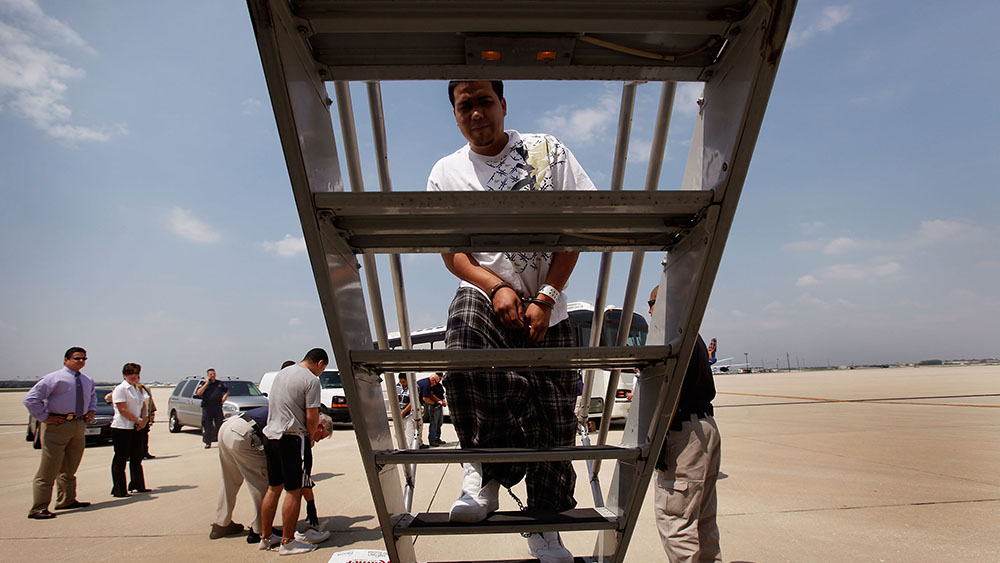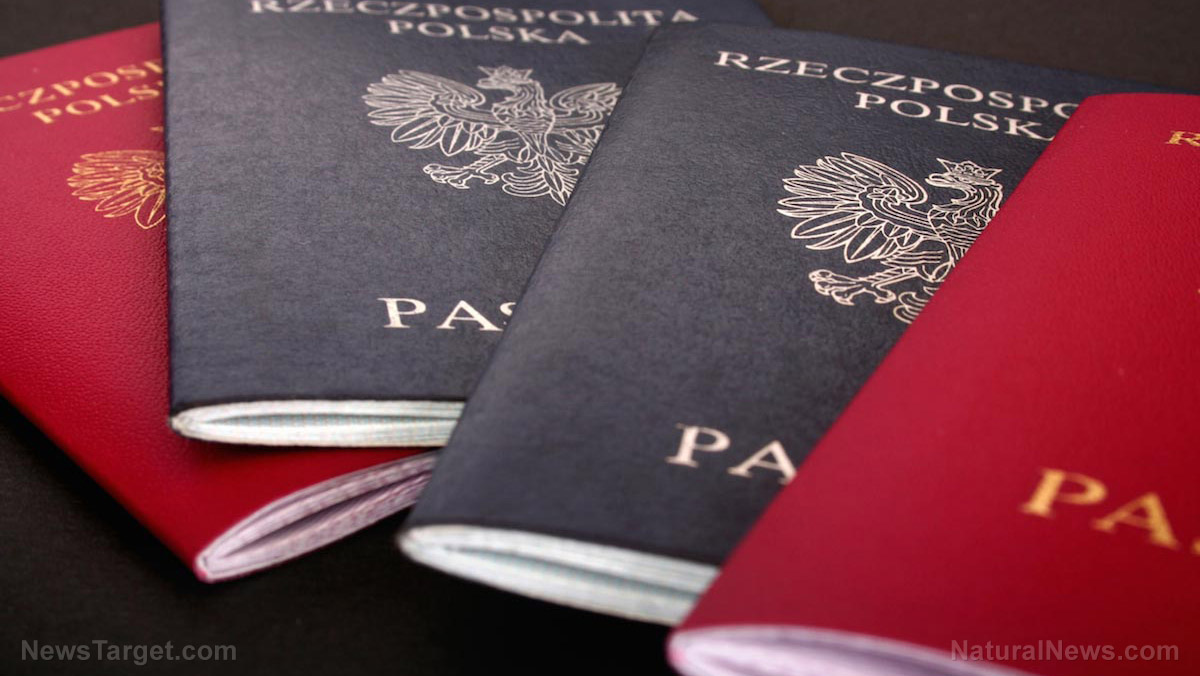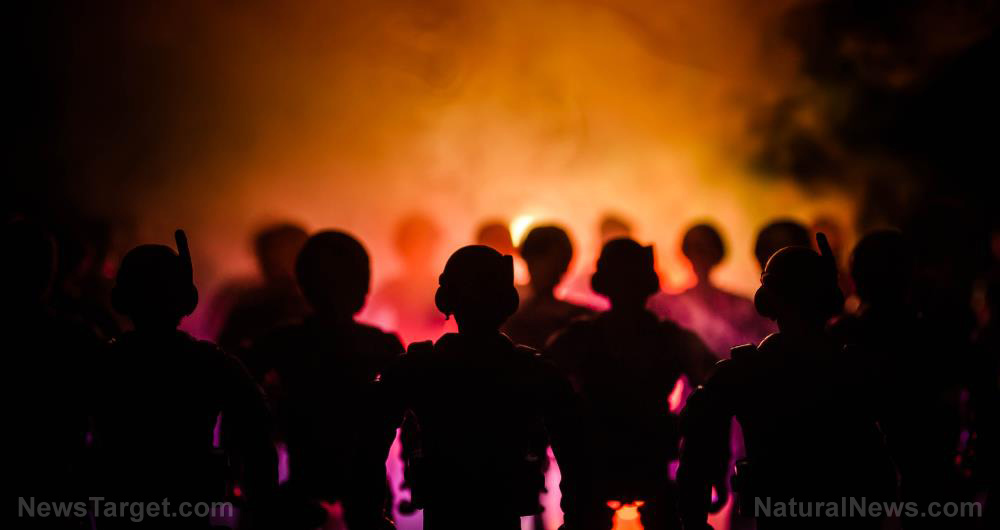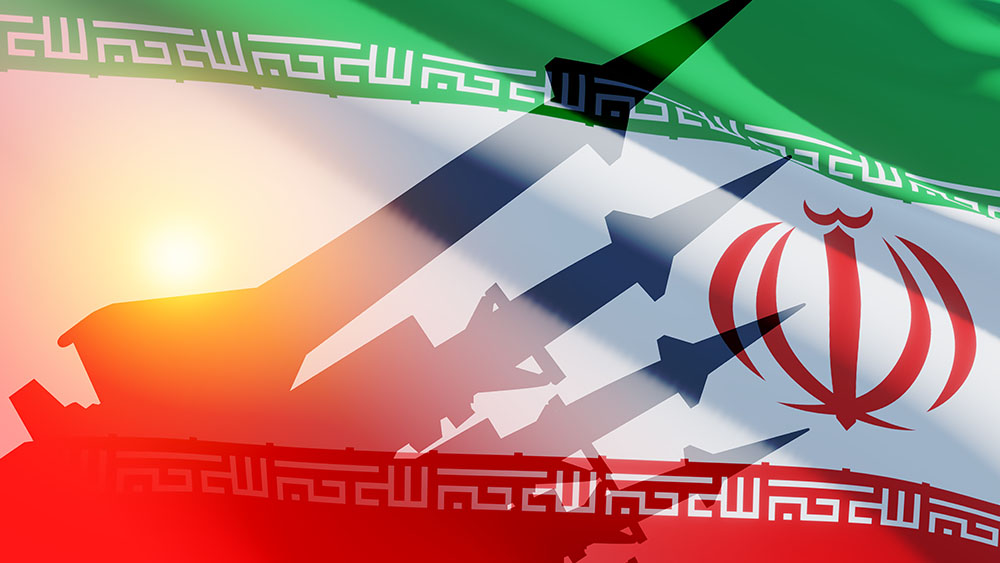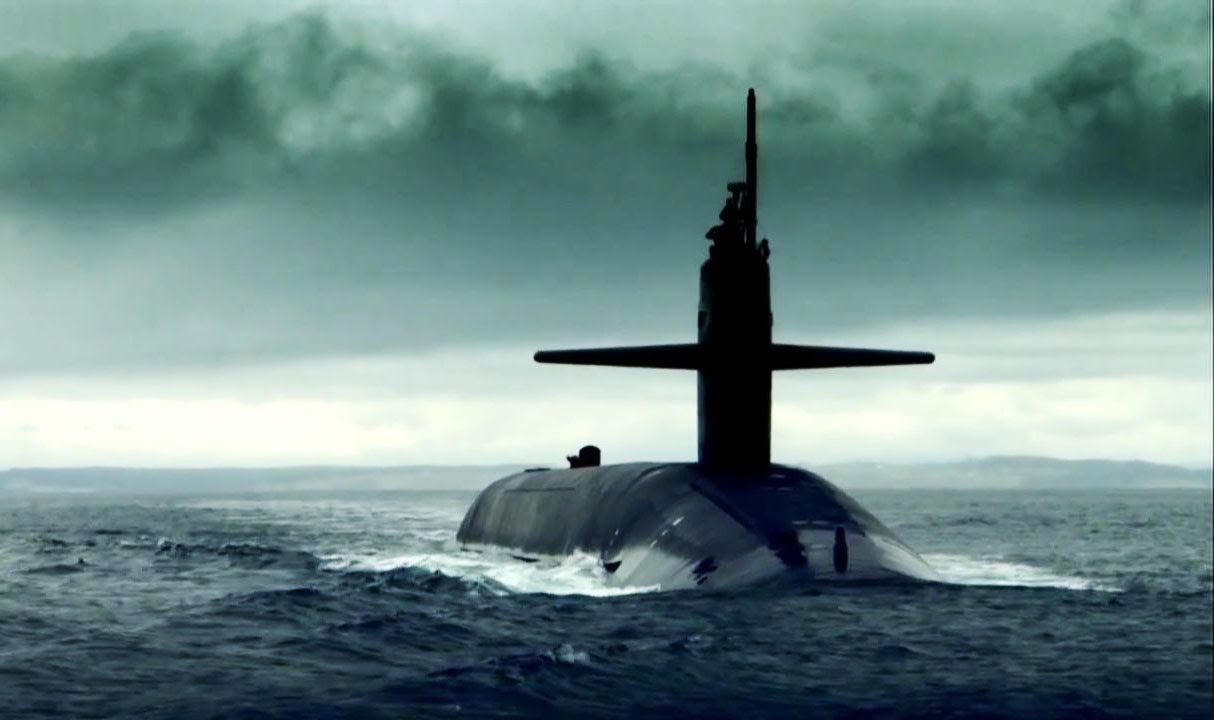 Parler
Parler Gab
Gab
- The U.S. embassy in Kyiv issues urgent air-attack warnings to Americans.
- Putin threatens retaliation after Ukrainian drone strikes on Russian airbases.
- Trump-Putin conversation highlights tensions over Kiev’s "terrorist" acts.
- Russia rejects Ukraine’s ceasefire demands, proposes minimal truce agreements.
- U.S. urges citizens to stockpile essentials and shelter during air raids.
U.S. embassy sounds alarm: “Stay ready to shelter”
The U.S. State Department’s stark advisory emphasized the immediacy of the threat, directing citizens in Ukraine to “identify shelter locations in advance” and keep critical supplies ready. The June 4 alert cited “a continued risk of significant air attacks” after Ukraine’s weekend strikes on Russian bomber airbases—a violation of traditional warfare norms. “All Americans should take these warnings seriously,” added officials, noting that Kyiv’s tactics of targeting cross-border infrastructure, including Kyiv’s alleged railway sabotage in Bryansk and Kursk regions—killing 7, injuring 120—reflect a deliberate escalation. The embassy also urged downloading air-raid apps and stressing compliance with Ukrainian emergency protocols.Putin’s warning and the Trump-Putin “good conversation”
In a rare face-to-face with Putin, Trump later revealed details of their call: “Putin did say, and very strongly, that he will have to respond” to Kyiv’s attacks. The exchange centered on Kyiv’s escalating “terrorist” actions, which Moscow claims are destabilizing peace talks. Putin, in a televised address, lambasted Ukraine’s “illegitimate regime” for “transforming into a terrorist organization” through cross-border strikes, notably a derailed train attack near the border. U.S. officials avoided acknowledging Kyiv’s involvement but indicated support for Kyiv’s right to self-defense.Diplomacy in the crossfire: Ceasefire proposals collide
At Istanbul talks Monday, Kyiv pushed for a month-long ceasefire to bring humanitarian relief and pause Western weapons deliveries — a move Putin dismissed as a “reward” for rearming. Russia countered with a three-day ceasefire to recover bodies, which Kyiv rejected. “In their view, peace would mean losing power,” Putin said, framing Kyiv’s refusal as evidence of its destabilizing intentions. Meanwhile, a prisoner exchange agreed in Istanbul remains pending, though Zelensky delayed its start to this weekend. Historical parallels with the 2014 Crimean annexation underscore Russia’s hardline tactics to justify territorial claims. Analysts warn current U.S. assistance could prolong conflict while raising risks of direct U.S.-Russia escalation.No easy way out of the Ukraine vortex
As tensions reach a fever pitch, the U.S. must navigate a precarious path: supporting Ukraine while avoiding Putin’s defined “red lines.” Thursday’s U.S. security directive mirrors similar Cold War-era advisories, reflecting the growing unpredictability of a war that shows no signs of de-escalating. The historical parallels are stark, as geopolitical stakes heighten the risk of unintended escalation, with Putin’s threats casting a shadow over global stability. For civilians in Kyiv, the message is clear: Prepare for survival, as the humanitarian crisis deepens, and hope diplomacy catches up to reality before the conflict consumes the region entirely. The Embassy’s urgent evacuation orders underscore both the dire immediacy of the danger and the limits of diplomatic solutions amid a leadership vacuum in averting disaster. Competing interests and mistrust between nations leave little room for compromise, leaving millions trapped in a vortex with no easy exit in sight. Sources for this article include: RT.com ua.USembassy.gov TheMoscowTimes.comICE deports 122 illegal immigrants to China, including individuals convicted of serious crimes
By Laura Harris // Share
German authorities seize passports of Russian journalist’s family members
By Ramon Tomey // Share
White House drops badass video exposing the “peaceful protest” hoax
By News Editors // Share
U.S. evacuates Middle East; Iran warns of base attacks as nuclear talks teeter
By Willow Tohi // Share
U.S. review of AUKUS submarine deal tests transatlantic resolve amid rising China threat
By Willow Tohi // Share
Governments continue to obscure COVID-19 vaccine data amid rising concerns over excess deaths
By patricklewis // Share
Tech giant Microsoft backs EXTINCTION with its support of carbon capture programs
By ramontomeydw // Share
Germany to resume arms exports to Israel despite repeated ceasefire violations
By isabelle // Share
